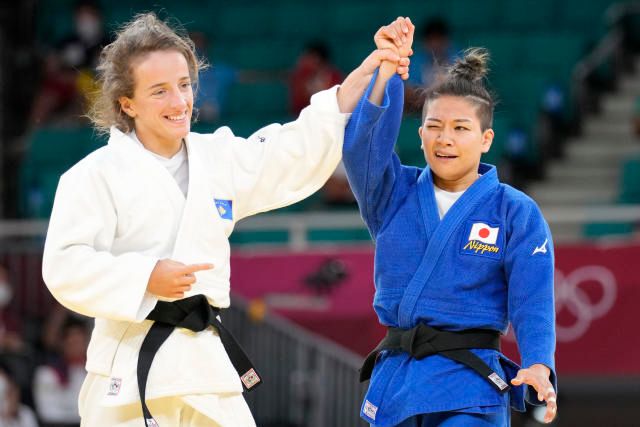
Judo is a niche sport all over the world and it's a super niche sport in Malaysia. There are few judo clubs, few judo players and few judo events (competitions and training camps) in this country.
Does this mean we can never produce a champion? Well, there are many countries around the world that despite being small (and in some cases, poor) managed to produce World and Olympic champions.
Look at Kosovo, a formerly war-torn country with fewer than 2 million people. They've produced three Olympic champions in just two Olympic cycles.
As a country where judo is not very popular at all, we can't look towards the judo system in countries like Japan, Russia, France and Brazil where they have hundreds of thousands of people doing judo.
As Israel's women's team coach Shany Hershko famously said: "If we try to be like them, we have no chance." Israel is another one of those small countries that have produced world champions.
What countries like Kosovo and others have shown is that you don't have to have big grassroots judo to produce a champion. What you need are:
a) A coach whom the players trust and believe in
b) Players who are truly committed
c) Regular training partners for these players (it doesn't have to be many but this needs to be steady and reliable)
d) Parents who are supportive
e) Lots of competition exposure
f) Training stints abroad for two to six weeks at a time
If there's a perfect storm of all these factors in play, yes, you could have yourself a potential champion.
Of course, it's not easy for all these factors to be present but it's not impossible. At KL Judo, the first few items are already in place. What's mainly missing are items (e) and (f), but those will come in time.
It goes without saying that what's already in place needs to be strengthened. The trust between coach and players needs to continue to grow; players need to become more and more committed over time; and one could always use more training partners. But the seeds are there.
Competition exposure and stints abroad require money. Funding can only come if the players produce results in competitions. This shouldn't be a problem though if they've been training hard and consistently. The opportunity to excel at an international level is there for our young players.
